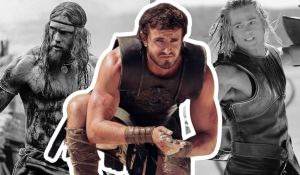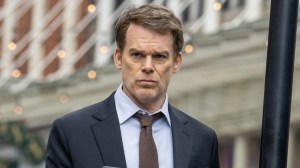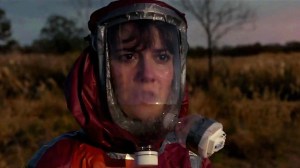The process of forging a nation is written in blood, a historical truth explored with visceral intensity in Apple TV+’s Chief of War. The series plunges viewers into the 18th-century conflict to unify the Hawaiian Islands, a brutal campaign seen through the eyes of the warrior chief Kaʻiana (Jason Momoa). His journey through the violent political landscape of the archipelago, caught in the ambitions of Kamehameha I, grounds a massive historical event in a deeply personal struggle for survival and honor. As such, with its focus on authentic Hawaiian culture and unflinching action, Chief of War delivers a powerful narrative about the birth of a kingdom.
Videos by ComicBook.com
The appeal of stories like Chief of War lies in their high-stakes depiction of societies at a turning point, where personal ambition and political necessity collide to shape the future. The combination of intricate power dynamics, cultural clashes, and the raw physicality of warfare creates a uniquely compelling viewing experience. This style of character-driven historical epic, where the fate of nations rests on the shoulders of flawed individuals, is not limited to the shores of Hawaiʻi. Other series have captured this same volatile energy, chronicling the rise and fall of empires, the betrayals that define an era, and the brutal cost of legacy.
4) Frontier
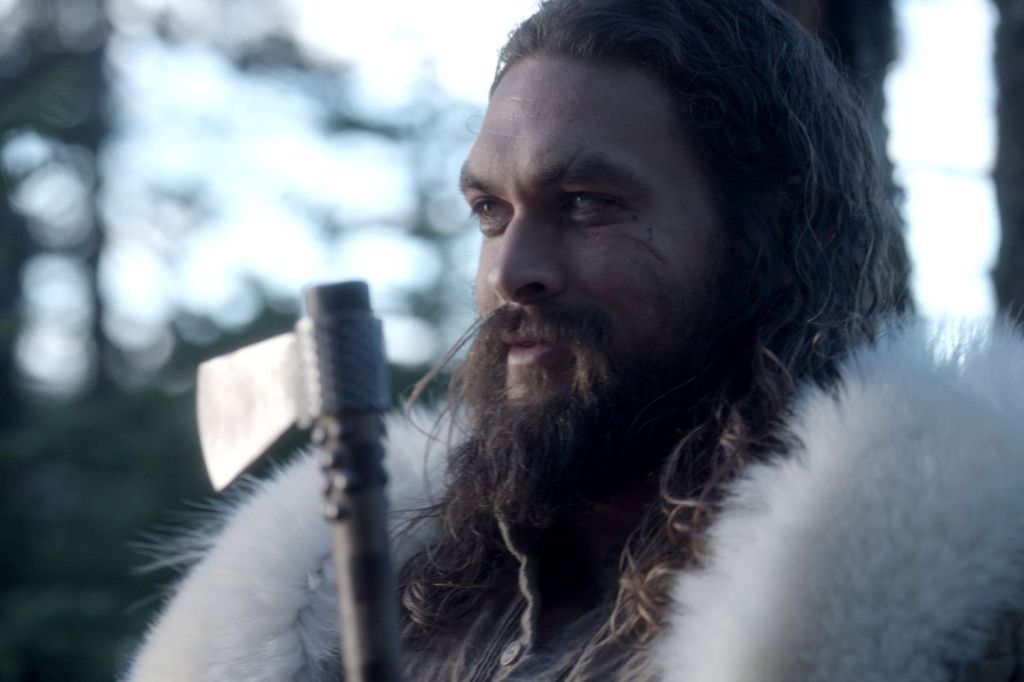
Running for three seasons on Netflix between 2016 and 2018, Frontier chronicles the violent and chaotic world of the North American fur trade in the late 18th century. The series immediately establishes its core conflict as the intense struggle between the monopolistic Hudson’s Bay Company and the disparate groups fighting for their share of the immense wealth. This brutal war for resources is embodied by the narrative’s central figure, Declan Harp (Jason Momoa), a half-Irish, half-Cree outlaw waging a bloody campaign against the sadistic Lord Benton (Alun Armstrong), the governor of the company.
Frontier excels in its depiction of a historically significant but often overlooked period of colonial history. Its primary strength lies in a mud-and-blood realism that presents combat as desperate close-quarters brawls rather than choreographed duels. This authenticity extends to the plot, which explores the complex economics of the fur trade and the fragile alliances forged between different cultural groups in the name of survival and profit. As a result, Frontier becomes an unflinching look at early corporate colonialism and the violent resistance it inspired.
3) Vikings
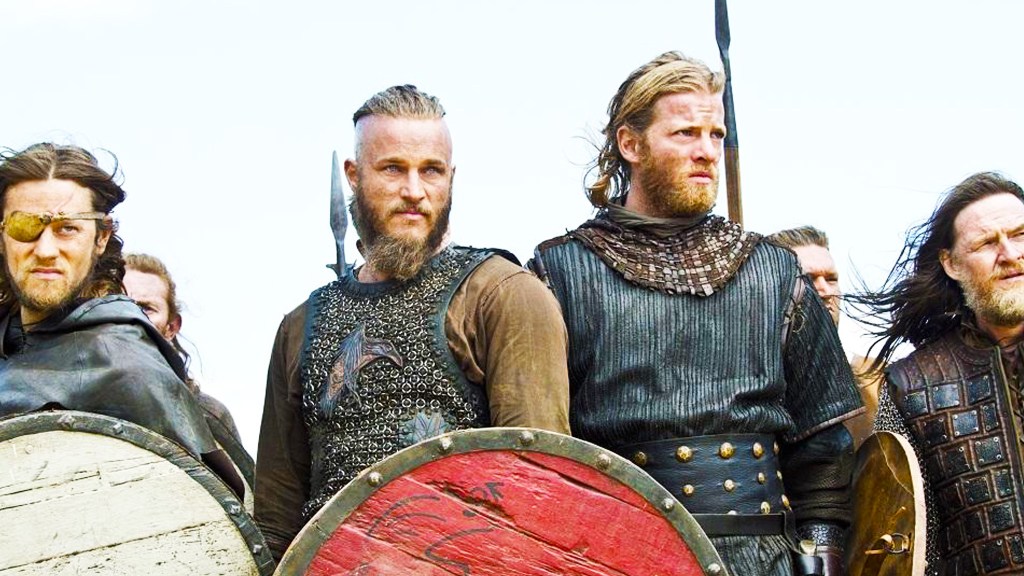
Created by Michael Hirst, Vikings aired for six seasons on the History channel, beginning in 2013. The series starts at the dawn of the Viking Age in the late 8th century, using the legendary Norse farmer Ragnar Lothbrok (Travis Fimmel) as the catalyst for a world-changing series of events. It is his ambition to sail west and raid the uncharted lands of England that sets the narrative in motion, with Vikings depicting key historical moments like the raid on Lindisfarne and the siege of Paris as direct consequences of his drive.
Vikings‘ first four seasons function as a deep character study of Ragnar, exploring his intellectual curiosity and the immense personal cost of his ambition. Consequently, when the narrative pivots following his death, it evolves into a sprawling dynastic saga focused on the bitter civil war between his sons for control of his legacy. This structural shift allows the series to maintain its epic momentum, using its praised production design and authentic portrayal of Norse rituals to chart the evolution of a people from raiders into a global force over several generations.
2) Rome
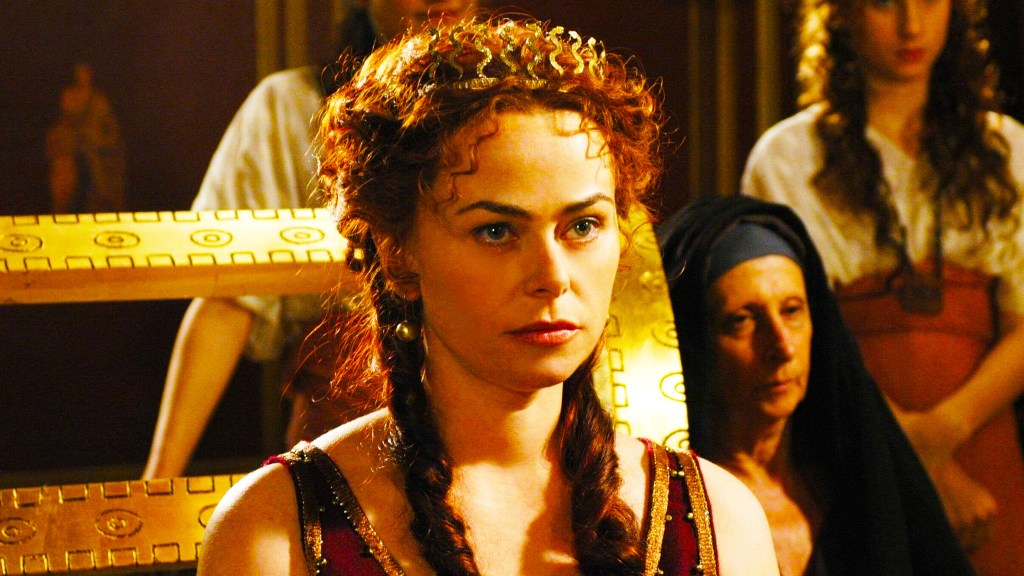
A lavish HBO and BBC co-production, Rome ran for two critically acclaimed seasons, and its 22 episodes remain a benchmark for historical television despite its early cancellation due to immense production costs. The narrative covers one of the most pivotal periods in Western history, from Julius Caesar’s victory in the Gallic Wars in 52 BC to the rise of Octavian as the first Roman Emperor in 30 BC. To dramatize these events, the show employs a brilliant narrative structure, telling its epic story through the eyes of two fictional Roman soldiers, Lucius Vorenus (Kevin McKidd) and Titus Pullo (Ray Stevenson).
Rome‘s perspective offers a unique look at how monumental historical events impact the lives of ordinary people, grounding the political machinations in tangible human experience. Furthermore, the series is defined by its commitment to authenticity, presenting a raw and unflinching look at the corruption, social hierarchies, and brutal realities of Roman life. With sophisticated writing and powerful performances from its entire cast, especially Ciarán Hinds as Caesar, Rome is an epic drama that expertly dissects the personal ambitions that dismantled a Republic.
1) Shōgun
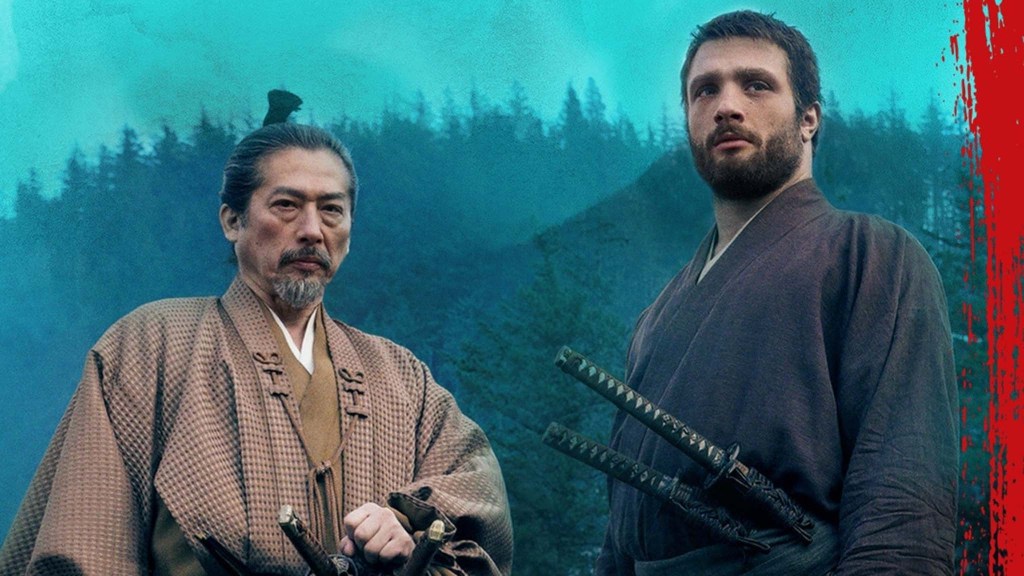
FX’s Shōgun is a ten-episode adaptation of James Clavell’s seminal 1975 novel, plunging viewers into the final days of Japan’s Sengoku period in the year 1600. The story establishes its high stakes immediately, as five great lords on the Council of Regents vie for power following the death of the Taikō. The series centers on Lord Yoshii Toranaga (Hiroyuki Sanada), a brilliant strategist who finds himself dangerously isolated, a position that becomes even more precarious with the arrival of a shipwrecked English pilot, John Blackthorne (Cosmo Jarvis).
Shōgun is a lesson in political intrigue and cultural immersion, with its narrative tension built not on constant action, but on the intricate web of alliances and betrayals governed by the strict codes of feudal Japan. Every conversation becomes a battlefield where subtext and etiquette are weapons, a dynamic reinforced by the show’s unwavering commitment to authenticity. From its period-accurate sets to its extensive use of the Japanese language, every detail works to create a deeply immersive world. The result is a sophisticated drama that explores themes of duty, faith, and the nature of power.
Which historical epics do you think rival Chief of War? Let us know in the comments!

